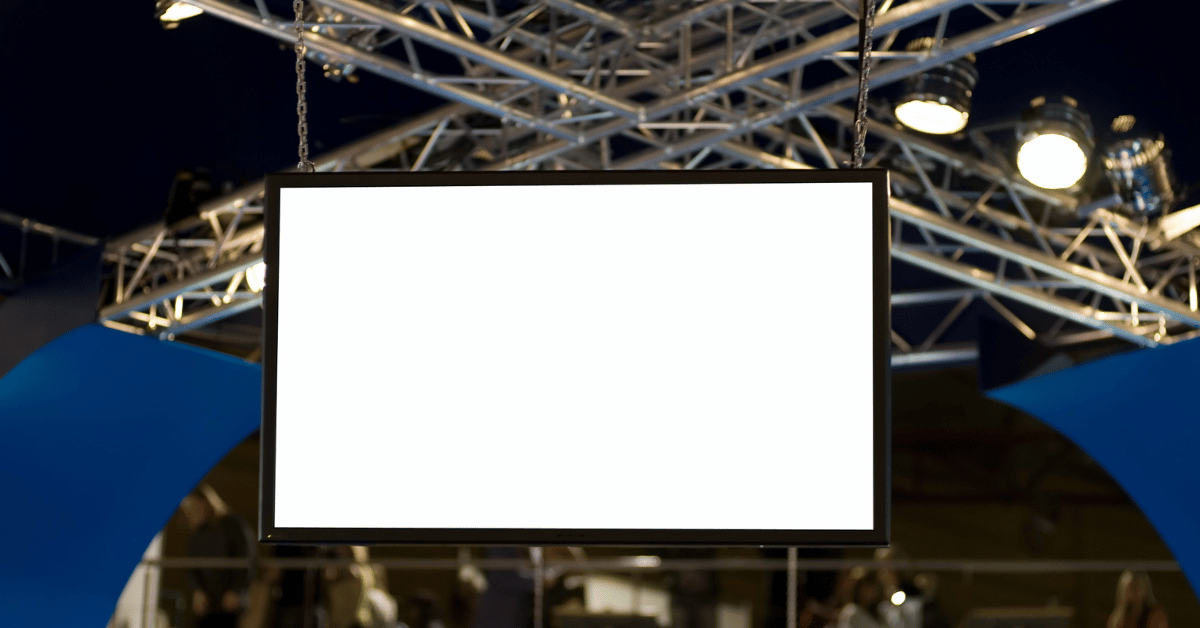Gaming projectors have become increasingly popular among gamers who want to enjoy an immersive gaming experience on a large screen. However, when it comes to choosing a gaming projector, one important factor to consider is the projector’s brightness, which is measured in lumens. The right level of brightness can greatly enhance your gaming experience, while a projector that is too dim can result in a lackluster visual experience. In this article, we’ll take a closer look at how many lumens you need for a gaming projector and what factors to consider when choosing a projector for gaming. So, let’s dive in and explore this topic further.
Table of Contents
How Many Lumens Do You Need for a Gaming Projector?
When it comes to choosing a gaming projector, one important factor to consider is the projector’s brightness, which is measured in lumens. The right level of brightness can greatly enhance your gaming experience, while a projector that is too dim can result in a lackluster visual experience. In this article, we’ll take a closer look at how many lumens you need for a gaming projector and what factors to consider when choosing a projector for gaming.
First, it’s important to understand what lumens are and how they impact your viewing experience. Lumens refer to the brightness of a projector, with higher lumens resulting in a brighter image. The brightness of a projector is particularly important for gaming, as it can help to enhance the visual experience and make the game feel more immersive.
So, how many lumens do you need for a gaming projector? The answer to this question depends on several factors, including the size of your screen, the amount of ambient light in your environment, and your personal preferences. As a general rule of thumb, it’s recommended to choose a projector with at least 2,000 lumens for gaming, although this can vary depending on the factors mentioned above.
If you plan to use your gaming projector in a well-lit environment, such as a living room with windows or overhead lighting, you may need a projector with a higher lumen count to compensate for the ambient light. In this case, a projector with 3,000 or more lumens may be necessary to achieve a bright and immersive gaming experience.
Additionally, the size of your screen will also impact the lumen count you need. A larger screen will require more lumens to achieve a bright and clear image, while a smaller screen may not require as many lumens.
Finally, it’s important to consider your personal preferences when choosing a gaming projector. If you prefer a brighter image, you may want to choose a projector with a higher lumen count, even if you are using it in a low-light environment. On the other hand, if you prefer a more subdued image, a lower lumen count may be more suitable for your needs.
How Many Lumens Are Needed in Darker Rooms?
When it comes to choosing a projector for use in darker rooms, the required number of lumens will differ from those needed in well-lit rooms. While brighter projectors may be necessary in well-lit environments, darker rooms provide an ideal setting for projectors with lower lumen counts. In this article, we’ll take a closer look at how many lumens are needed in darker rooms.
In a dark room, there is less ambient light to compete with the projector’s light output. This means that lower lumen counts can still provide a bright and clear image. A projector with a lumen count between 1,000 and 2,000 is typically sufficient for use in a dark room. A lumen count of 1,000 is suitable for small screens, while larger screens may require a lumen count of 2,000 to ensure sufficient brightness.
It’s important to note that even in a dark room, the type of screen and the distance between the projector and the screen can impact the required lumen count. Screens with higher gain values will reflect more light, which can result in a brighter image. Additionally, the farther the projector is from the screen, the more lumens it will require to produce a bright image.
When choosing a projector for a dark room, it’s important to consider the content you will be viewing and your personal preferences. For example, if you will be primarily using the projector for gaming, you may prefer a brighter image with more vibrant colors. In this case, a projector with a higher lumen count may be more suitable for your needs.
What Makes a Gaming Projector Tick?
A gaming projector is a device designed specifically for gaming, providing a large-screen gaming experience with immersive visuals and high-quality audio. What makes a gaming projector tick, and how does it differ from a standard projector? In this article, we’ll take a closer look at the features and specifications that make a gaming projector stand out.
Resolution is one of the most important factors when it comes to gaming projectors. A higher resolution means a sharper image with more detail, providing a more immersive gaming experience. While 1080p projectors are still popular, 4K resolution is becoming increasingly common in gaming projectors, offering even more detail and realism.
Another important factor is the refresh rate, which refers to the number of times per second the projector updates the image on the screen. A higher refresh rate can result in smoother and more fluid motion, reducing motion blur and providing a more immersive gaming experience. Gaming projectors typically have a refresh rate of at least 120Hz, with some models offering refresh rates of up to 240Hz.
Input lag is also a crucial factor when it comes to gaming projectors. Input lag refers to the delay between when a player inputs a command and when the corresponding action is displayed on the screen. High input lag can be frustrating for gamers, as it can make games feel unresponsive and slow. Gaming projectors typically have lower input lag than standard projectors, with some models offering input lag as low as 16ms.
Brightness is another key consideration when it comes to gaming projectors. While a high brightness level can help to enhance the visual experience, it’s important to strike a balance between brightness and contrast. Some gaming projectors feature specialized modes that optimize the image for gaming, adjusting the brightness and contrast to provide the best possible visual experience.
Finally, audio is also an important consideration when it comes to gaming projectors. While many gaming projectors feature built-in speakers, external speakers or a soundbar may be necessary to achieve the best possible audio quality.
Conclusion
In conclusion, a gaming projector is a specialized device that provides an immersive and exciting gaming experience on a large screen. The resolution, refresh rate, input lag, brightness, and audio are all important factors to consider when choosing a gaming projector. By choosing a gaming projector with the right features and specifications for your needs, you can enhance your gaming experience and fully immerse yourself in your favorite games. With the right gaming projector, you can take your gaming to the next level and experience the thrill of the game like never before.

